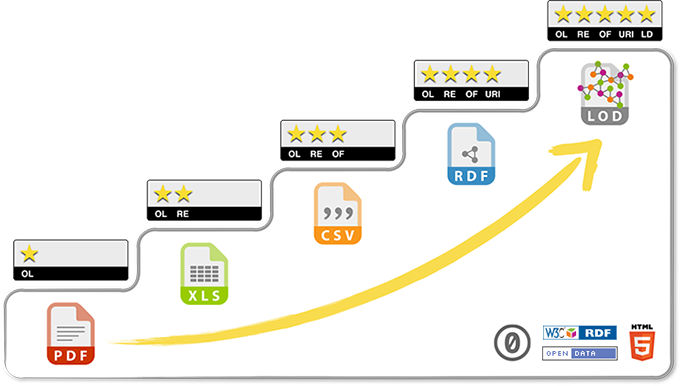Lack of standard definitions makes it harder for learners to navigate options and for employers to assess value
This assumption needs to be validated. Would standard definitions be a silver bullet for learner navigation and employer value? To wit: We have standard definitions for degrees and yet the navigation and value problems persist in that domain. What if the more important issue is not what to call these programatic containers but rather how to describe the contents of what they contain?
